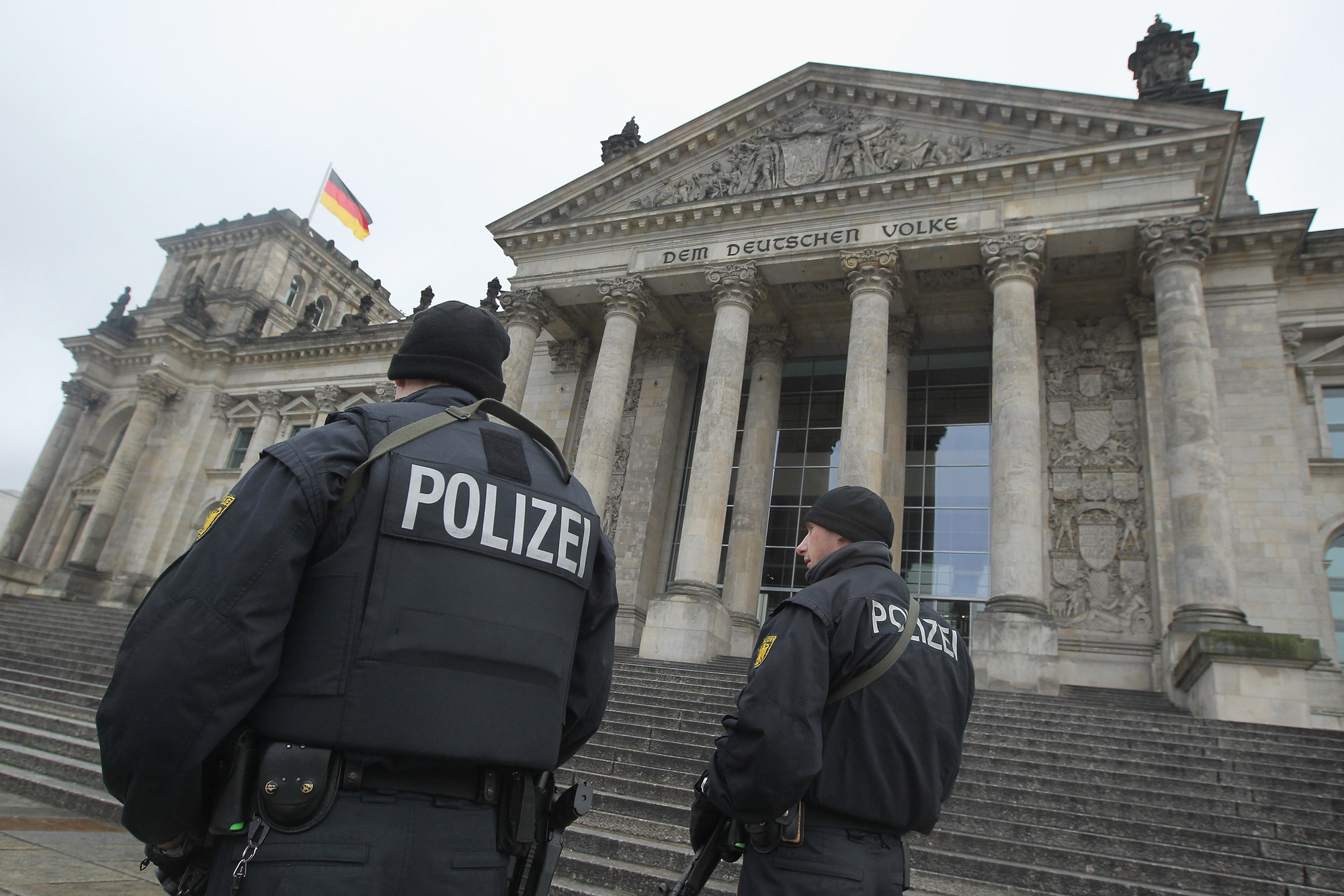On Sunday, police shot a man wielding an axe and an incendiary device near a fan-zone during the Euros match between the Netherlands and Poland. Though the perpetrator’s motive is not yet known, security had been bolstered ahead of the competition due to a surge in jihadist activity across Germany. This incident comes just months after the Moscow terror attacks, in which Islamic State encouraged violence at sporting events in the West, specifically the Euros and the upcoming Olympics in France.
Since IS’s post-October 7 campaign began, IS-inspired actors have conducted violent attacks in France twice, Belgium, Switzerland, and Australia. IS, in conjunction with IS’s Khurasan Province (ISKP), has likewise ramped up its external operations with attacks in Kerman, Iran, Istanbul, and Moscow. Given the surge in propaganda from IS, ISKP, and pro-IS media outlets calling for attacks in Germany, there is a serious threat of further and possibly more deadly attacks — as well as official IS-directed external operations resembling the raid on Moscow’s Crocus City Hall venue.
In a new interview, Germany’s head of domestic intelligence services warned: “The risk of jihadist attacks is higher than it has been for a long time”. He attributed this to the post-October 7 resurgence of Islamic State-inspired plots in Germany, as Islamists seek to exploit grievances fuelled by the conflict. Prior to Sunday’s incident, police arrested a German-Moroccan-Polish man, who was directly linked to ISKP. He had applied to work as a steward and security guard for side events outside stadiums. His application was denied after investigators retrieved “suspicious recordings” and found that he had transferred $1,700 in cryptocurrency to the ISKP.
Nor was this an isolated example. In fact, there has been an uptick in foiled plots by IS-inspired Islamists in Germany, including in April which involved thwarted efforts to firebomb and conduct stabbings at synagogues. Investigators had also concluded that the 31 May stabbing attack in Mannheim that resulted in the death of a police officer and wounded others was motivated by Islamist extremism.
ISKP is emerging as the premier jihadi threat in Germany. That is largely because the country has become a hub for the branch’s European networks, which is what makes the next month so trepidatious. The Islamic State, mainly through ISKP and its partnered pro-IS propaganda outlets, have threatened drone attacks against stadiums, prompting Germany to declare no fly zones over host venues. One pro-IS image promised an attack against Bayern Munich’s stadium, while a full page spread in ISKP’s premier Voice of Khurasan magazine showed a photo of a jihadist in military attire brandishing an AK-47 looking out into a stadium listing arenas in Berlin, Dortmund, and Berlin as primary targets.
German intelligence security services are under immense strain. In addition to the jihadist threat, they are also dealing with foreign espionage and sabotage as well as far-Right and and far-Left threats. It is a mammoth task to ensure the safety of such large sporting events in several cities. As the IS and ISKP networks expand inside Germany, the security situation looks increasingly dire.











Join the discussion
Join like minded readers that support our journalism by becoming a paid subscriber
To join the discussion in the comments, become a paid subscriber.
Join like minded readers that support our journalism, read unlimited articles and enjoy other subscriber-only benefits.
Subscribe